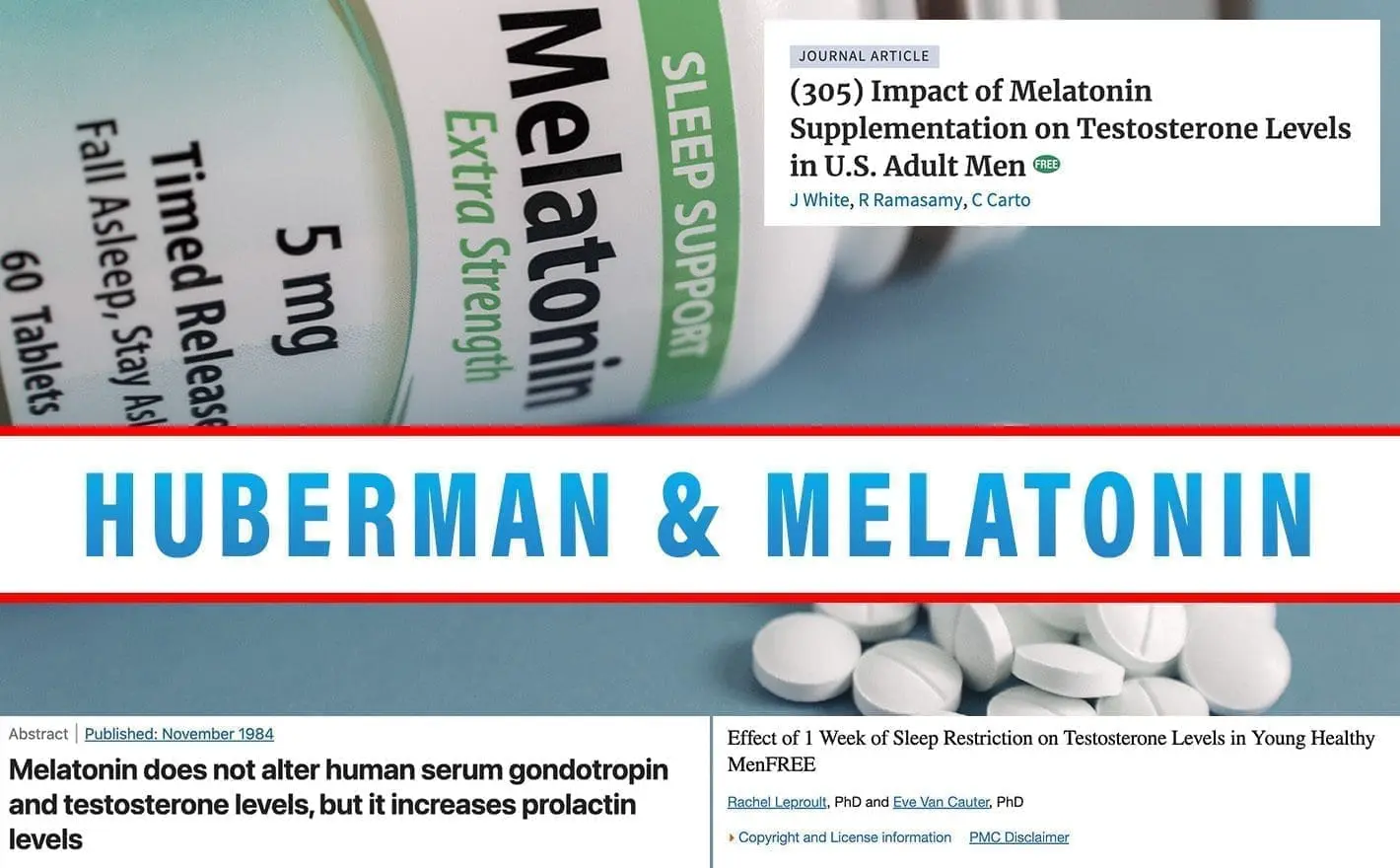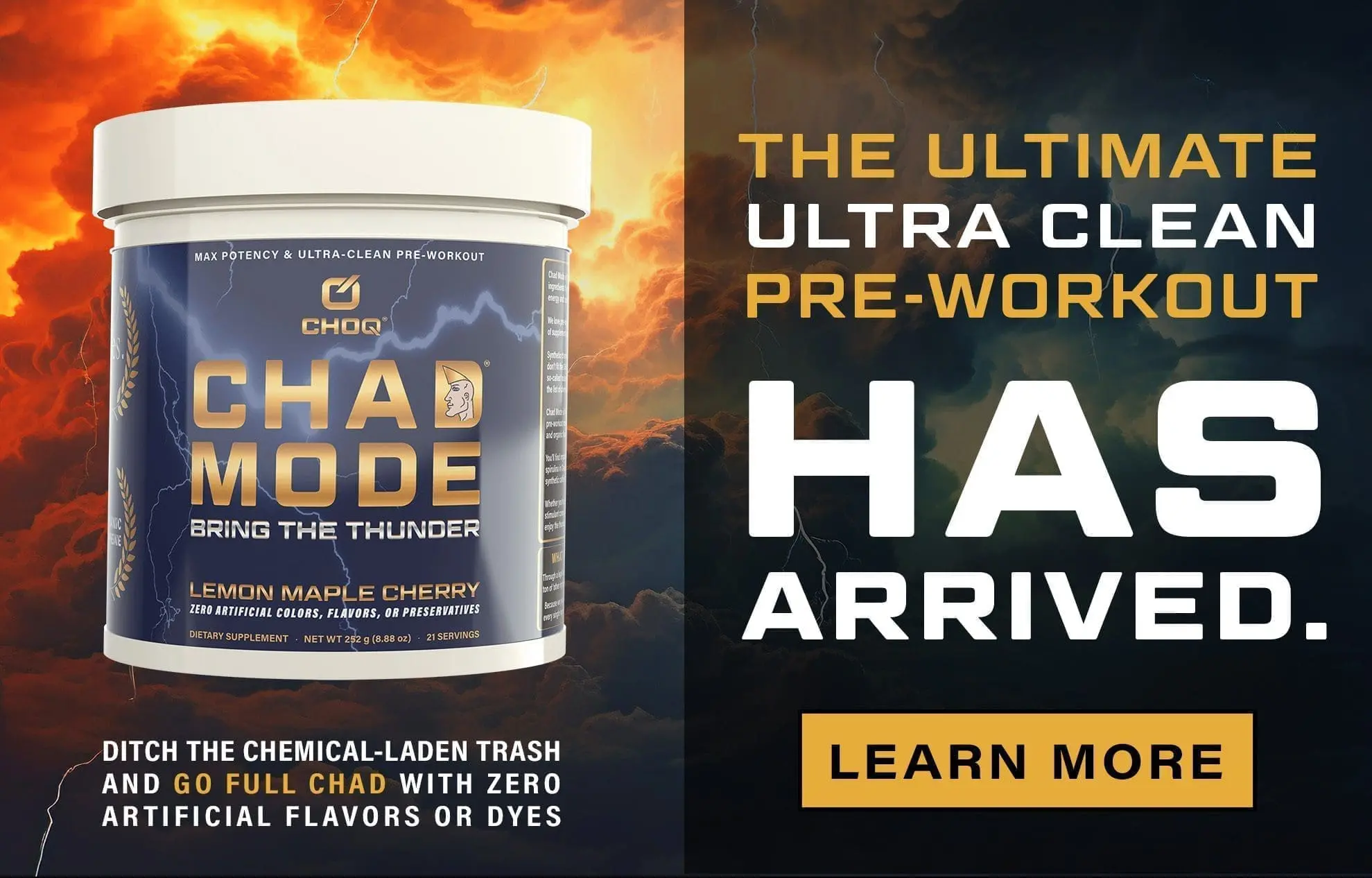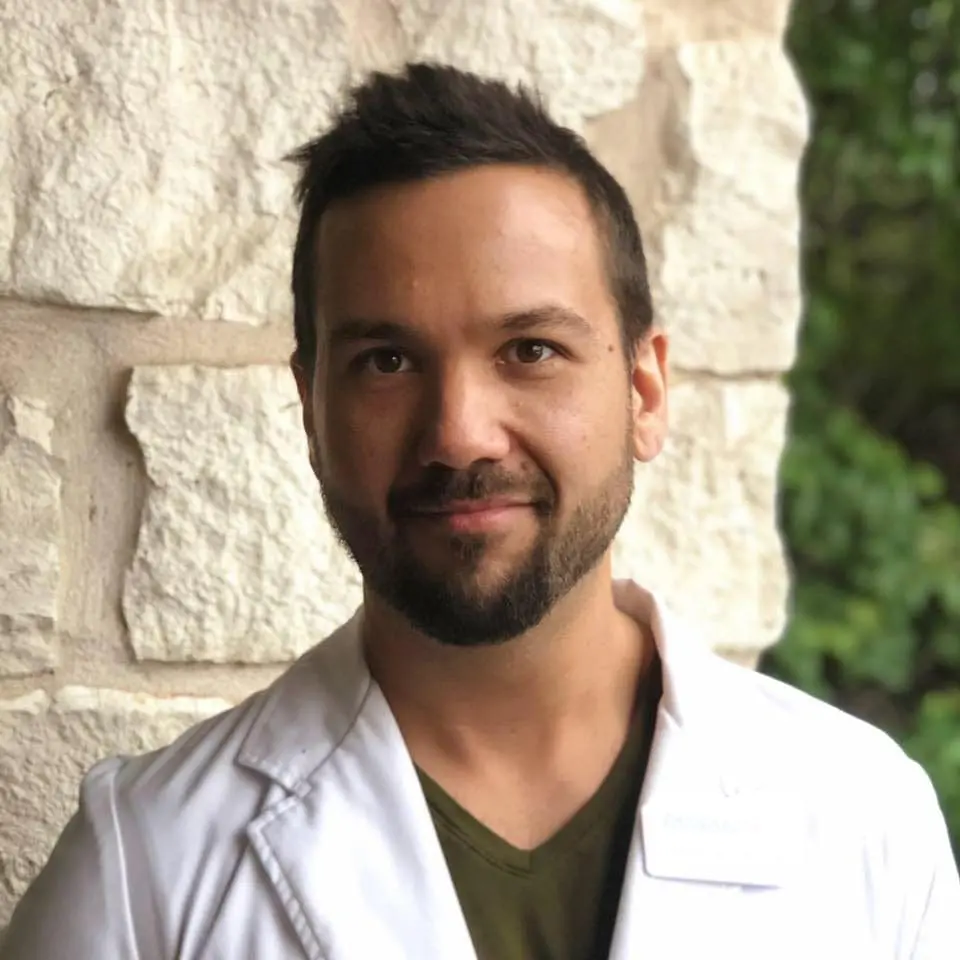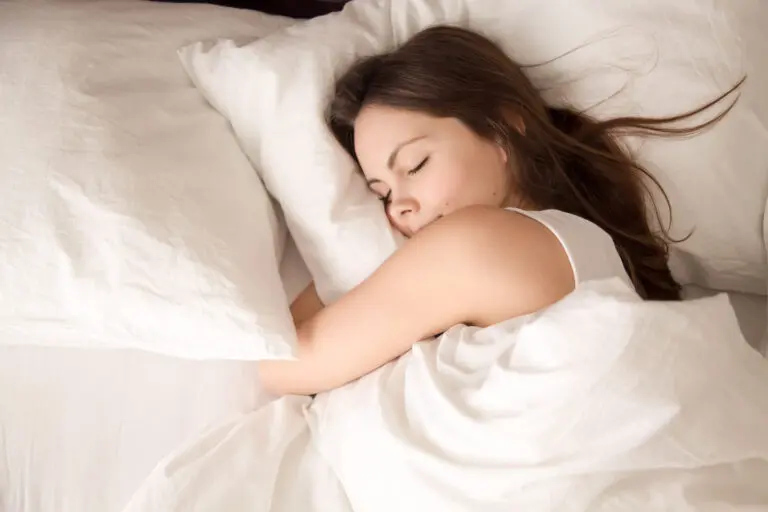Dr. Andrew Huberman has made it abundantly clear that he strongly dislikes melatonin, but his arguments don’t quite hold up to scientific scrutiny.
If you’re a big fan of his podcast like we are, you’re likely to avoid any sleep supplement that contains melatonin, maybe opting to take the Huberman Lab Sleep Cocktail instead. Once you learn more about the research behind melatonin, though, you might change your mind.
Most of Dr. Huberman’s thoughts on supplements are both accurate and properly nuanced, and we think he’s a fantastic educator. The last thing we want to do is throw shade on a great podcaster like him.
Like everyone else, though, Huberman makes mistakes (see this article on Tongkat for another example).
His somewhat sloppy assessment of melatonin stands out among his generally careful thoughts on supplements and nutrition. Is it possible that Dr. Huberman’s Sleep Cocktail–a far more expensive alternative–has clouded his judgment, or has he simply not done a proper review of the immense repository of positive research on it?
Here’s a quick summary of the main reasons that Dr. Huberman says nobody should take melatonin, except in rare cases:
- Melatonin will help you fall asleep, but not stay asleep
- Melatonin suppresses the onset of puberty (he does not specifically mention this connection, but many men are worried that melatonin lowers testosterone)
- Even if you’ve already gone through puberty, it “could have some impact on other hormone systems”
- According to testing, many brands contain either too little or too much
We’ll address each of these points in a moment, but let’s first mention what he’s leaving out of the discussion: everything that melatonin does for you that goes way beyond sleep.
The Many Benefits of Melatonin that Andrew Huberman Does Not Address
Melatonin is often pigeonholed as a mere sleep hormone, but in reality, it’s infinitely more than that. In fact, every cell in the body produces it 24/7. The only part of the body that produces it rhythmically (according to the circadian clock) is the pineal gland.
If every part of the body produces melatonin around the clock–and not just at night–then what does that say about its real functions?
To wit, here’s a brief list of some of melatonin’s array of essential functions:
- Extremely powerful direct antioxidant (works locally to reduce oxidative damage)
- Stimulates the production of a variety of other critical antioxidants, including glutathione, SOD, and catalase
- Promotes fat burning and glucose regulation
- Critical for cellular energy production and increases number of mitochondria per cell (mitogenesis)
- Extremely beneficial for fertility
There’s WAY more to the story of melatonin that we can’t fit in this article. If you’d like to learn more about the incredible quantity of research on melatonin, check out this video from arguably the top melatonin expert in the world, Dr. Russel Reiter, Co-Editor-In-Chief of the Journal of Melatonin Research
YouTuber Thoroughly Criticizes BOTH Huberman’s Stance on Melatonin AND his Sleep Cocktail
A few months ago, a YouTuber named ‘Siim Land’ did a fantastically well-cited video titled, “Andrew Huberman Is Wrong About Melatonin – Breaking Down Studies.”
In the video, Siim fiercely criticizes Huberman’s statements about melatonin, but also the famous Huberman Lab Sleep Cocktail.
According to our review of the research, his critiques are rock solid.
Melatonin Helps You Fall Asleep, But Not STAY Asleep: TRUE OR FALSE?
Based on several different literature reviews, Siim easily disproves Huberman’s assertion that melatonin won’t help you stay asleep (1, 2, 3, 4, 5).
In the video, the YouTuber said:
“There’s a plethora of clinical trials and meta-analyses showing how supplementation improves sleep latency (the time it takes you to fall asleep), but also increases total sleep duration and sleep quality…in terms of sleep awakenings, there are some studies finding that melatonin does reduce the amount of times people wake up during sleep, whereas others find no difference.”
Siim goes on to say that the research on sleep quality and sleep disturbances is generally “neutral to positive”, suggesting that Huberman’s assertion that it won’t keep you from waking up is a misrepresentation of the available evidence.
Lastly, it’s important to mention that time-release melatonins are widely available and may be superior to standard melatonin for keeping you asleep (though it’s hard to say for sure, as most studies use the regular kind).
Melatonin, Hormones, and Puberty: Does Melatonin Lower Testosterone?
Like us here in CHOQ Nation, Dr. Huberman cares a lot about testosterone and hormone health in general. T levels and fertility are both massively on the decline, and all men should be concerned.
While Huberman never says outright that melatonin lowers testosterone, he does state–correctly–that a sharp decrease in this hormone triggers puberty. That’s a well-known scientific fact that need not be debated.
In his video, though, he goes on to say that it might impact various hormones, but without stating which ones. According to our research, a ton of people are searching Google every day, asking whether melatonin lowers testosterone, so it’s clearly a large concern.
Here are some highlights from Siim’s video on the topic of melatonin and hormones:
- Doses of up to 10mg were tested in children for 2 years and showed no significant effects on pubertal development; the study also showed no safety issues or withdrawal effects
- This clinical study found that melatonin does not alter testosterone levels, but it did increase prolactin levels (though still fully within the normal range)
- Low prolactin levels can decrease testosterone and fertility, but high levels can cause issues, so it’s complicated
- This study and this study also found that taking melatonin was not associated with low T levels (note that these were survey and correlation-based and not clinical trials)
He goes on to mention–very importantly–that lack of sleep is known to decrease testosterone levels. In fact, in this study, only a single week of getting just 5 hours per night lowered T levels in men by 15%!
We think it’s safe to say that melatonin, taken in appropriate doses, is extremely unlikely to have any negative effects on hormones, especially testosterone. If it’s helping you get from only a few hours to a proper 7-8 hours, though, it’s quite likely to help, rather than hurt, your testosterone levels.
Are all melatonin supplements under- or over-dosed?
As mentioned, Huberman believes that we shouldn’t take melatonin because many brands have been found to either contain too little or too much melatonin.
While this is true, we believe this is simply an argument for finding a quality brand, not for throwing away a very affordable, very effective supplement. While CHOQ does not currently use melatonin in any of our products, we have some of the highest quality and transparency standards in the industry and go out of our way to educate our customers about how to protect themselves from unscrupulous companies.
If you’re looking for a good melatonin, make sure you get it from a reputable company. While we don’t recommend any specific brands, we will point out that companies that use properly certified facilities, abiding by the correct protocols, will produce melatonin products that are accurately labeled.
Is Dr. Huberman biased because of his sleep cocktail?
In his video, Siim Land suggests that Andrew Huberman may be biased against melatonin because of his connection to a company that sells his very expensive, multi-product sleep stack. He also suggests that the research on melatonin benefiting sleep far exceeds the research on Huberman’s cocktail.
It’s important, especially if you’re a scientist, to eliminate bias however you can. That being said, we’re only human, and bias is built into us.
As we mentioned earlier, we love Dr. Huberman, and so we’ll give him the benefit of the doubt on this one. That being said, it would be fantastic to see him have world melatonin expert Dr. Russell Reiter on his show to debate the facts on melatonin, and give him a chance to set the record straight.
Another great supplement to support healthy sleep, though, is CHOQ Ashwagandha, especially if you’re looking to manage stress hormones (that’s where this world-class adaptogen really shines).
If you’d like to learn more about the research behind Ashwagandha and sleep, we painstakingly reviewed 46 different clinical studies in this article (many of which measured sleep)..
Also, be sure to check out these articles on Dr. Huberman:






